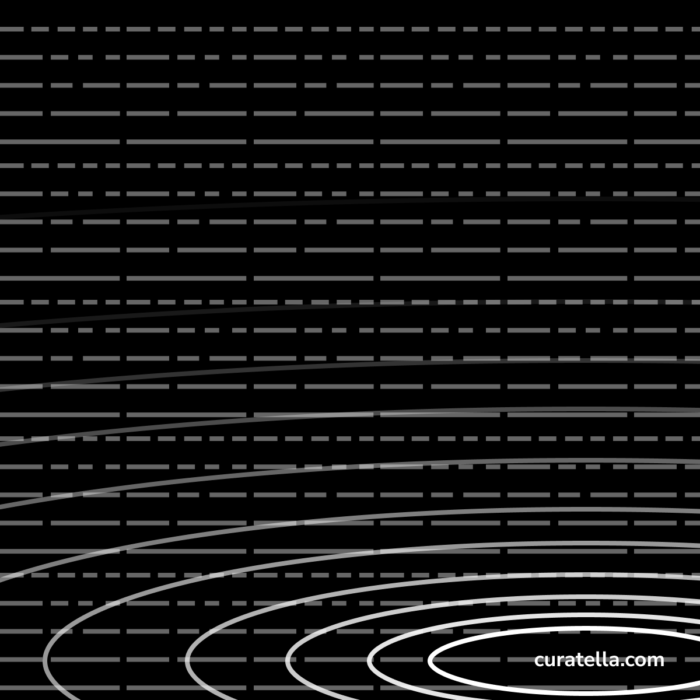You should first know what an adjective is to recognize and use one.
Let’s go the definition by the book with:
a word belonging to one of the major form classes in any of numerous languages and typically serving as a modifier of a noun to denote a quality of the thing named, to indicate its quantity or extent, or to specify a thing as distinct from something else
—https://www.merriam-webster.com/dictionary/adjective
In linguistics, an adjective (abbreviated adj) is a word that modifies a noun or noun phrase or describes its referent. Its semantic role is to change information given by the noun.
—https://en.wikipedia.org/wiki/Adjective
Adjectives are words that describe the qualities or states of being of nouns: enormous, doglike, silly, yellow, fun, fast. They can also describe the quantity of nouns: many, few, millions, eleven.
—https://www.grammarly.com/blog/adjective/
What’s an adjective, then?
An adjective is a word modifying another word. It sits close to the word it wants to modify and changes its meaning.
How would be writing without adjectives?
It would create difficulties for authors of essays. How do you express nuances, variations, modifications, meliorative, pejoratives, etc?
You need to find workarounds, changing how you express your thoughts.
You might say, for instance, that “you like the red on your shirt”. Think about talking like that every day.
Isn’t that stimulating your creativity around constraints leading to innovation and inventiveness?
It also creates frustration, no doubts, about it. To forge the words on this page I had to stop and read every word to assess they were not adjectives.
Constraints facilitate creating novelty through the effort of pushing your abilities beyond your limits.
The fun of this exercise shows up, evidently.


